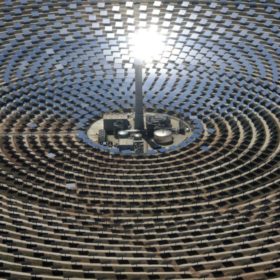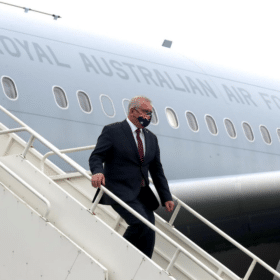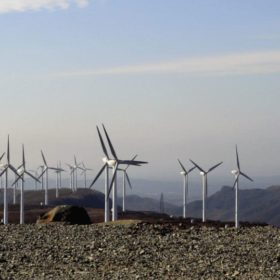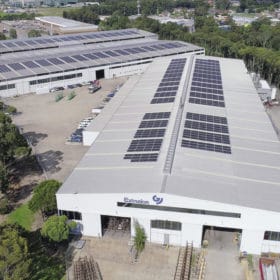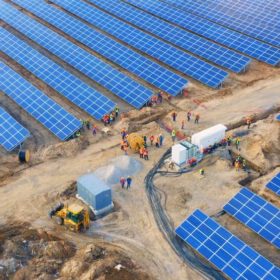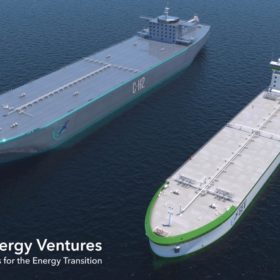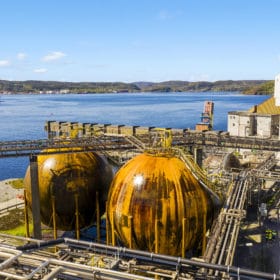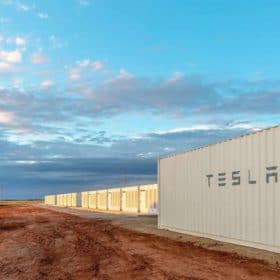Australian financiers invest $141 million in concentrated solar power (CSP) plants in Spain
Australian financial group Macquarie Asset Management on Monday announced a €90 million (AU$141.5 million) debt investment in a portfolio of concentrated solar power (CSP) plants in southern Spain.
Morrison blowing in the wind, sheltering in hydrogen ambitions at the G7 Summit in Cornwall
Alliances with Germany and Japan to develop and commercialise emissions-reducing technologies would be a coup for Australia, if there were any concerted efforts at home to reduce emissions in line with international initiatives, and transition Australian industries to be competitive in a carbon-pricing world.
Sunday read: China struggles with solar supply
Since July 2020, the PV industry has been experiencing price rises, which have affected almost all the components in a solar system. As these price increases spill out into higher installation costs, we see end user prices for solar rising for the first time in 10 years, threatening the competitiveness of PV in certain markets. Vincent Shaw reports from Shanghai on solar manufacturing’s supply chain crisis.
Saturday read: Return of the sun tax
Australia’s success with widespread residential take-up of solar PV installations may be facing a stumbling block, a new proposal by the Australian Energy Market Commission (AEMC), the rule maker of the nation’s grid. And for solar veterans, the development summons the ghoul of Spain’s infamous “sun tax.”
Solar & wind still cheapest generation sources in Australia, despite costly integration, CSIRO finds
Australia’s national science agency, the CSIRO, and the Australian Energy Market Operator have found even when factoring in additional ‘integration’ costs such as storage and new transmission infrastructure, solar and wind continue to be the cheapest sources of new-build electricity generation in Australia.
GEV to construct 430t hydrogen cargo ship for small scale grid blending market
Global Energy Ventures, the firm currently working on a 2,000t hydrogen cargo ship, has announced the commencement of construction on a 430t pilot-scale version to service the emerging market for economies wanting begin blending small amounts of green hydrogen into existing gas networks by mid-2020s.
Global powerhouses partner to develop clean ammonia value chain for shipping fuel
Commodity trader Trafigura and Oslo-based ammonia leader Yara International ASA have signed a Memorandum of Understanding that will see supply of clean ammonia as well as joint R&D projects as the two companies look to promote clean ammonia as a shipping fuel and develop its value chain and infrastructure.
German hydrogen demand likely to pick up from 2030, says Fraunhofer
Widespread green hydrogen deployment will be key to achieving stringent climate targets, and German hydrogen demand is set to grow from the 80 TWh range in 2030 to between 400 TWh and 800 TWh by 2050, according to a new joint study by several Fraunhofer-related entities.
Software can reimagine breakthrough battery tech to power the electric future
By understanding the challenges that impacted the solar industry, battery material manufacturers will be better equipped to scale next-generation technologies from the lab to have a real-world impact.
Are oil and gas companies on the run?
Private sector fossil fuel spending on exploration is drying up just as modest rises in clean energy investments are being observed. With stock market investors increasingly embracing renewables, the IEA has observed positive signals in its latest energy investment report, but warned we are still doing far too little to keep global heating at bay.
